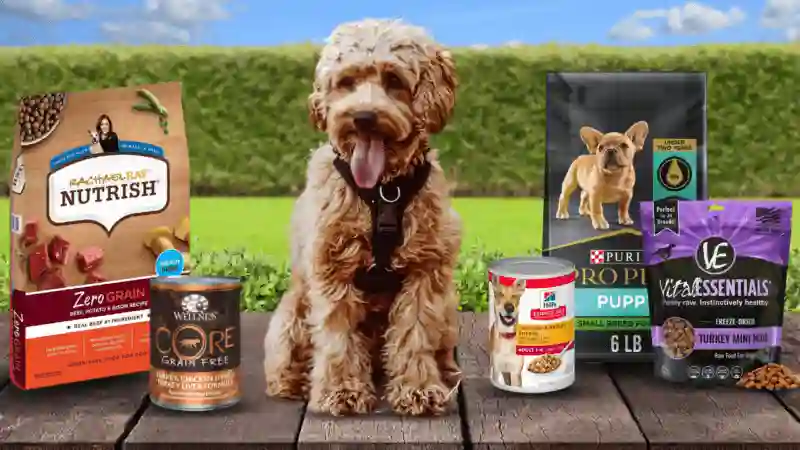In recent years, there has been a growing awareness of the importance of nutrition for our furry companions. As pet owners become more conscious of what goes into their dog’s bowl, homemade dog food recipes have gained popularity. Creating nutritious meals for your pup at home not only allows you to have control over the ingredients but also ensures that your canine friend receives the essential nutrients needed for a healthy and happy life.
Understanding Canine Nutritional Needs:
Before diving into homemade dog food recipes, it’s crucial to understand the nutritional needs of your furry friend. Dogs require a balanced diet that includes protein, carbohydrates, fats, vitamins, and minerals. The specific requirements may vary based on the dog’s age, size, breed, and health condition. Consulting with your veterinarian to tailor the recipes to your dog’s unique needs is always a wise approach.
Homemade Dog Food Recipes:
Chicken and Brown Rice Delight:
-
- Ingredients:
- 1 cup cooked chicken (shredded)
- 1 cup brown rice (cooked)
- 1/2 cup carrots (diced)
- 1/2 cup peas
- 1 tablespoon olive oil
- Instructions:
- In a pan, sauté the shredded chicken with olive oil until cooked.
- Add cooked brown rice, diced carrots, and peas. Mix well.
- Cook for an additional 5 minutes, ensuring all ingredients are thoroughly combined.
- Allow it to cool before serving to your pup.
- Ingredients:
Beef and Sweet Potato Stew:
-
- Ingredients:
- 1 cup lean ground beef
- 1 sweet potato (peeled and diced)
- 1/2 cup green beans (chopped)
- 1/4 cup beef broth (low sodium)
- Instructions:
- Brown the ground beef in a pan over medium heat.
- Add diced sweet potato and chopped green beans.
- Pour in the beef broth and simmer until the vegetables are tender.
- Let it cool before serving to your dog.
- Ingredients:
Salmon and Quinoa Feast:
-
- Ingredients:
- 1 cup cooked salmon (flaked)
- 1/2 cup quinoa (cooked)
- 1/4 cup spinach (chopped)
- 1/4 cup carrots (grated)
- Instructions:
- Combine flaked salmon, cooked quinoa, chopped spinach, and grated carrots in a bowl.
- Mix well and serve after allowing it to cool.
- Ingredients:
Benefits of Homemade Dog Food:
- Quality Control: When you prepare dog food at home, you have complete control over the quality of ingredients. This ensures that your pup gets the freshest and healthiest food possible.
- Avoiding Additives and Preservatives: Commercial dog food often contains additives and preservatives. By making your dog’s food at home, you can eliminate these unnecessary additives, promoting better overall health.
- Tailoring to Dietary Needs: Homemade dog food allows you to tailor recipes to your dog’s specific dietary requirements. If your dog has allergies or sensitivities, you can easily avoid problematic ingredients.
- Variety and Rotation: Providing a variety of homemade recipes ensures that your dog gets a diverse range of nutrients. Rotation also helps prevent boredom with the same flavors, making mealtime more enjoyable for your pup.
Precautions and Considerations:
- Balanced Nutrition: Ensure that each homemade meal provides a balanced mix of protein, carbohydrates, and fats. This balance is crucial for your dog’s overall health.
- Avoid Harmful Foods: Some human foods are toxic to dogs, including chocolate, onions, garlic, grapes, and certain artificial sweeteners. Always research and avoid these ingredients in your homemade recipes.
- Portion Control: Pay attention to portion sizes to avoid overfeeding or underfeeding. Your veterinarian can help determine the appropriate amount based on your dog’s age, weight, and activity level.
Conclusion:
Creating homemade dog food can be a rewarding and beneficial practice for both you and your furry friend. By understanding your dog’s nutritional needs and preparing nutritious meals at home, you contribute to their overall well-being and longevity. Remember to consult with your veterinarian to tailor recipes to your dog’s specific requirements, ensuring a happy and healthy life for your canine companion.














